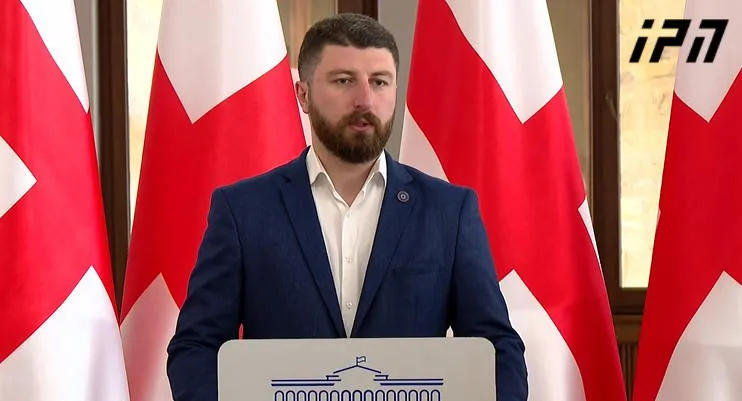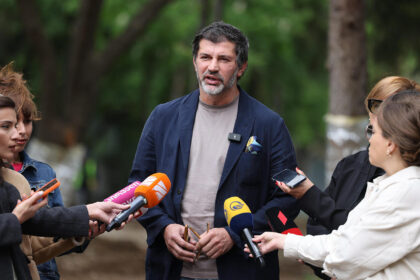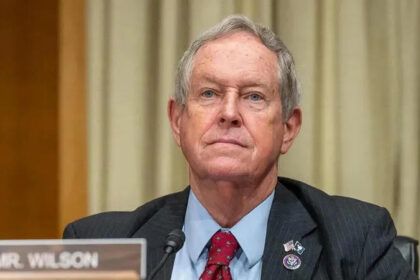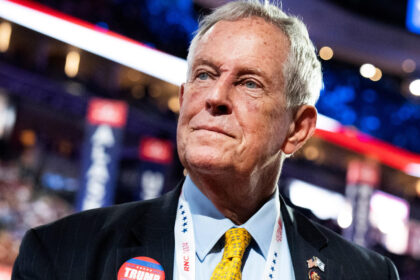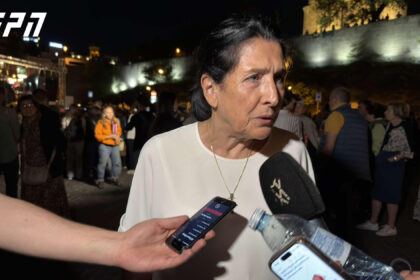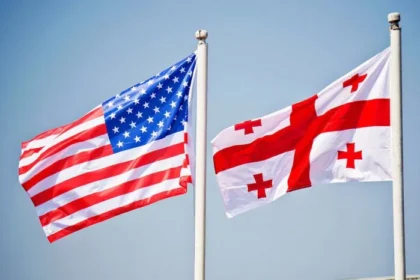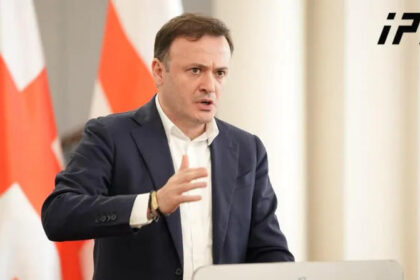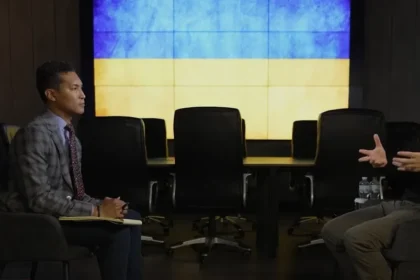**Georgian Dream Stands Firm Against Foreign Meddling**
Archil Gorduladze, a high-ranking official in the Georgian Dream party, has made it clear that his party will not be swayed by external pressures. In a recent statement, he declared that Georgian Dream will not “dance to someone else’s tune” and will instead demand an explanation from those seeking to influence the country.
Gorduladze’s comments come amid growing tensions between Georgia and its Western allies over issues such as election reform and media freedom. The Georgian Dream party has been accused of cracking down on opposition voices and suppressing dissent, leading some to question the country’s commitment to democratic values.
However, Gorduladze’s statement suggests that his party is determined to maintain its independence and not be swayed by foreign demands. “We will never renounce family values,” he said, implying a strong sense of national identity and cultural tradition. At the same time, he warned against external interference in Georgia’s internal affairs, stating that his party will not allow funds to flow into the country to finance revolutions.
**Commentary**
Gorduladze’s statement is significant because it highlights the complex dynamics at play in Georgian politics. On one hand, the country has long sought to align itself with Western values and institutions, particularly since its 2004 Rose Revolution. However, the Georgian Dream party’s policies have led some to question whether Georgia is indeed committed to democratic principles.
In this context, Gorduladze’s emphasis on family values and national identity suggests that his party sees itself as a champion of traditional Georgian culture and interests. At the same time, his warning against foreign meddling implies that he recognizes the potential risks and consequences of allowing external powers to influence Georgia’s internal affairs.
**Analysis**
Gorduladze’s statement is also noteworthy for its implications beyond Georgia’s borders. The country’s position in the region has long been seen as a test case for Western values, particularly since the 2008 Russia-Georgia war. If Georgian Dream’s policies continue to raise concerns about democratic backsliding, it may embolden authoritarian regimes elsewhere in the former Soviet space.
In this sense, Gorduladze’s statement can be seen as part of a broader struggle between different visions for Georgia’s future – one that emphasizes national sovereignty and cultural identity, and another that prioritizes integration with Western institutions and values. As tensions between these competing forces continue to simmer, it remains to be seen which path Georgia will ultimately choose.
Read More @ www.interpressnews.ge




